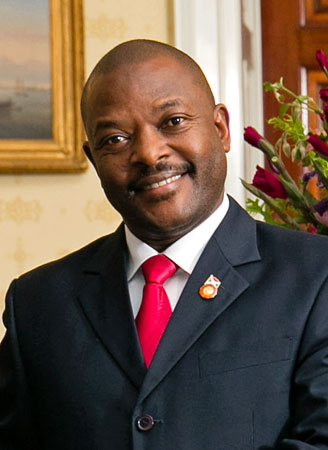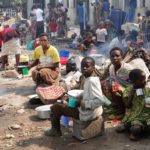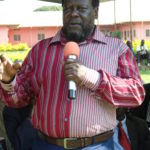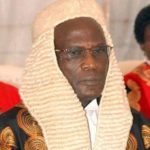
The European Union is ready to impose sanctions on Burundians failing to help end the Central African nation’s crisis, the EU’s foreign policy chief said on Thursday, following elections that Brussels and Washington say were not credible.
Facing its worst political crisis since the end of civil war in 2005, Burundi is awaiting the results of Tuesday’s vote in which President Pierre Nkurunziza ran for a third term, breaking the two-term limit agreed in a peace deal a decade ago.
“The European Union is preparing … to adopt, if necessary, targeted restrictive measures against those whose actions led to acts of violence, repression and serious human rights abuses or hinder the search for a political solution,” Mogherini said in a statement.
Six government officials are likely to be targeted with asset freezes and travel bans and discussions are under way to draw up the measures, EU officials told Reuters, although no further details were immediately available. There is no discussion to consider broader steps that could harm the population, one official said.
The United States has also imposed visa bans on some Burundian government officials. It has not named them.
Foreign ministers from the European Union, which funds about half the annual budget of Burundi, took the initial step to consider sanctions at a meeting in Luxembourg last month.
Weeks of protests in which demonstrators clashed with police preceded the June 29 parliamentary election, while explosions and gunfire erupted in Bujumbura before the presidential vote.
The government says the elections were fair and accuses the opposition of stoking tensions. Burundi says it wants good ties with donors but will not let them dictate policies.







